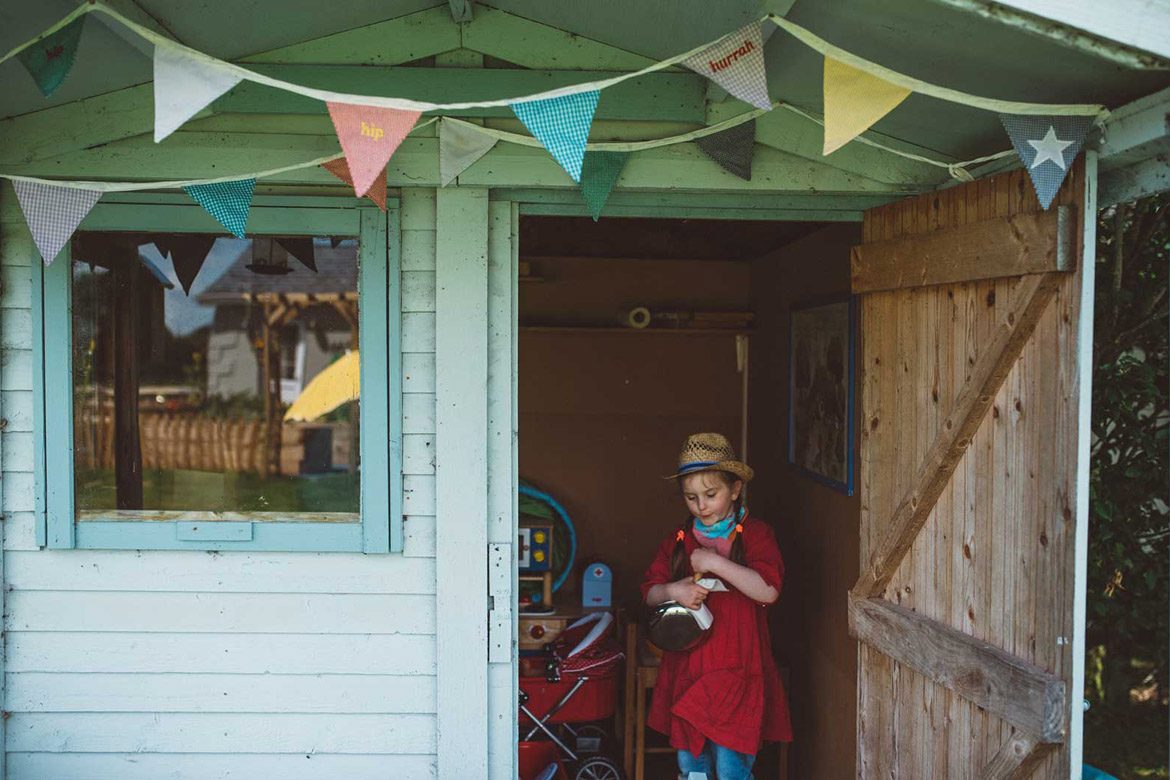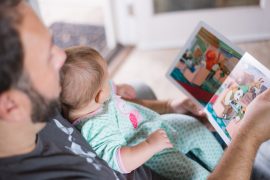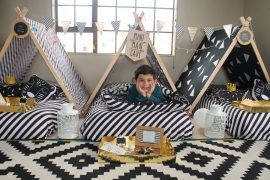By Alex Koster
BOREDOM PROHIBITED
I am going to ask a bit of a strange question at first glance, but are we in our modern society afraid of our children getting bored? It seems kids are constantly being taught, mothered, entertained, trained or babysat either by ourselves, by others or increasingly by technology. Oftentimes children have a full weekly schedule with long school days and additional leisure activities, often even at weekends. Life is already very busy for youngsters and this lifestyle more and more seems to become a source of stress for both parents and children.
Many of us parents and children are trying to juggle too many balls with nothing but good intentions, mainly because we want to provide the best for our children: we want them to fit in with their peers and make friends, we want them to have great opportunities, we want them to get the best education possible, we want them to develop their talents and to express themselves creatively. But is it all just getting too much? There appears to be very little time for children to get still, to relax, even to get bored. I believe we as a society need to try and find a balance and retreat a little from this fast and competitive way of life, both for our children and for us grown-ups.
This busy lifestyle also often has the side effect that children don’t get enough opportunities for free play. All children love to play; play is not optional, it is an innate desire that comes naturally to every child, no matter in which part of the world or social circumstances they are born into. Whenever I watch documentaries about cultures in remote parts of the world, I am fascinated observing children and their play. Much of early play behaviours of children are actually very similar across the globe, irrespective of where they live or what their personal circumstances are. Kids will always find a way to play, either games that don’t involve toys or they will customise everyday objects as toys, if there are none available.
Many modern toys, as sophisticated and attractive as they may be, are actually counteracting children’s imagination.
One of my favourite documentaries is the 2006 movie Babies by Thomas Balmes, which follows four mothers and their babies from birth until one-year old. The mothers live in Opuwo, rural Namibia; Bayanchandmani, rural Mongolia; Tokyo; Japan and San Francisco, USA. As you can imagine, life for these four women and their babies could not be any more different. The early play behaviours the four babies are exhibiting though, have many similar aspects to them and I’d recommend this film to anybody interested in child development or even just in getting an insight into everyday life in other cultures.
In his book The Power of Play, David Elkind makes the following statement: “I came to see that the unintended side effect of hurrying is silencing children’s play,” he said. “There are more and more organized activities, and spontaneous play is now seen as a luxury that is not affordable in a high-tech, globalized society. The role of play needed to be clarified: It’s a form of learning. Piaget said – and I quote him in the book – that play is the answer to the question, ‘How does anything new come about?'” (Elkind, 2007).
Especially this last sentence really rings home for me in this context: “How does anything new come about?”… if not through that spark of imagination that comes through some stillness, some boredom! I am sure many of the biggest inventions and novelties have come out of boredom, which is basically nothing else than our brains getting a bit of a break, a pause, to create something new.
See next page for the rest…











